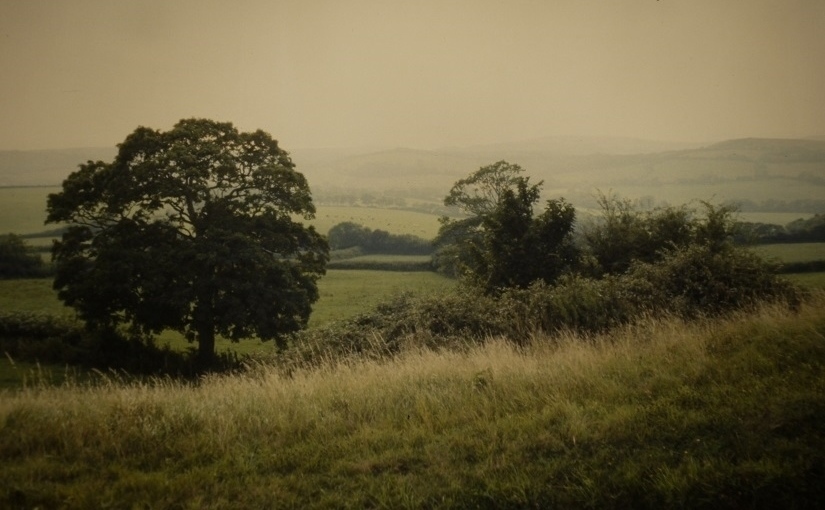Thoughts on culture and how well it’s serving us – given its roots in notions of tending and cultivation – have come up a few times so far (see Notes One); and interest me to the extent that the ideas we entertain and behaviour we embrace seem to really shape society and how we understand our roles within it.
Do our cultural ideas supply us with wisdom, both individually and collectively, for how we choose to live? Do they provide a meaningful, coherent picture of life and uplift us with ideas for how to be, what to work towards, and ways to overcome modern challenges? Is that even what we’re looking for, or is it enough to be entertained or stimulated by some more-or-less finely executed projects?
Looking back to culture in the past, it seems there was meaning there: information about society, its structures and standards, its preoccupations or difficulties, and the patterns of behaviour within and between different groups. In relating themselves to and working through these cultural representations individuals could come to understand their place and their times. Maybe that was constrictive, maybe it was led by some and imposed upon others; but it appears there was a focus, a code, and a general arc to the story.
So, does culture need to do that: sustain society with its ideas and the ensuing conversations? Do the stories, characters, values, and themes contained within cultural forms matter? It seems we know they do in a way, because we speak of representation and role models and we question the impact of certain content on impressionable members of society.
Beyond that discussion of content and intention, there also seems a shift in personal involvement: whereas cultural life was once participatory (thinking of dances, music and singing) and each was part of a more-or-less organised whole; these days it’s often consumed in relative isolation with the whole generally praising the individual. That may or may not be important, but it’s an interesting difference.
It could raise the question of whether we create this social culture through our involvement, or if it’s enough to observe and discuss the work of others. Is this to be an exclusive industry of experts, or a more inclusive and joyful activity? There must be place for both, although they are fundamentally different.
Then recently traditional authority has been waning while the means for market-based popularity has grown; leaving this ground where cultural ideas can tread their own paths and attract a following. So rather than the reins being held very tightly, there’s now this ‘democratic’ culture with little overarching direction as to what the messages are and where they may lead.
In essence, there seems to be a conversational element to culture: there’s what we make of it, what our participation creates, and what it in turn makes of us. And, as with anything that operates as a market, there’s this tension between production and consumption. Finding a healthy balance and direction within that seems a fascinating challenge.
Notes and References:
Note 1: The value of art in society
Note 1: Community – what it was, what we lost
Note 1: Romance, love & the movies
Note 1: Complicity and cultural attitudes
Note 1: How many aren’t well represented?
Note 1: Spiritually committed literature

